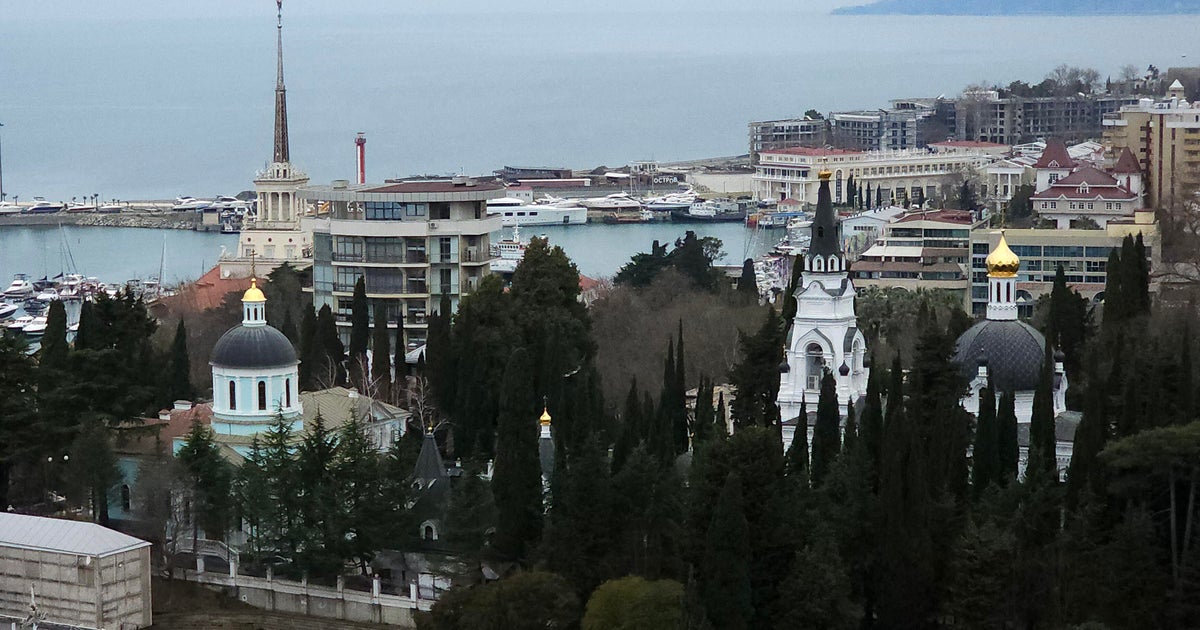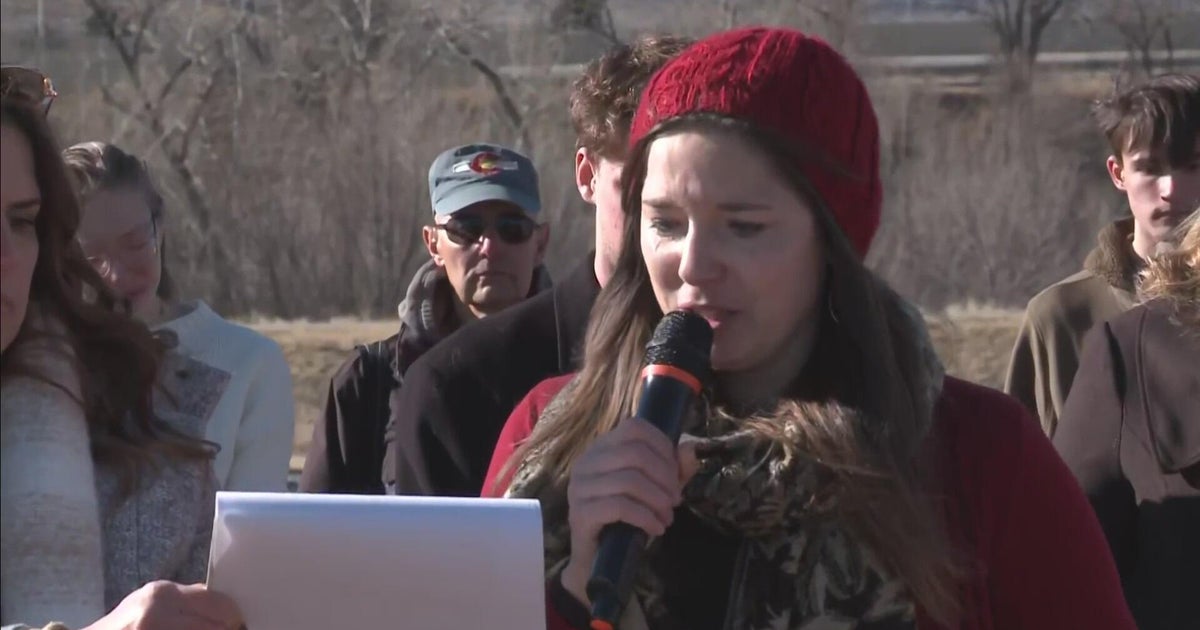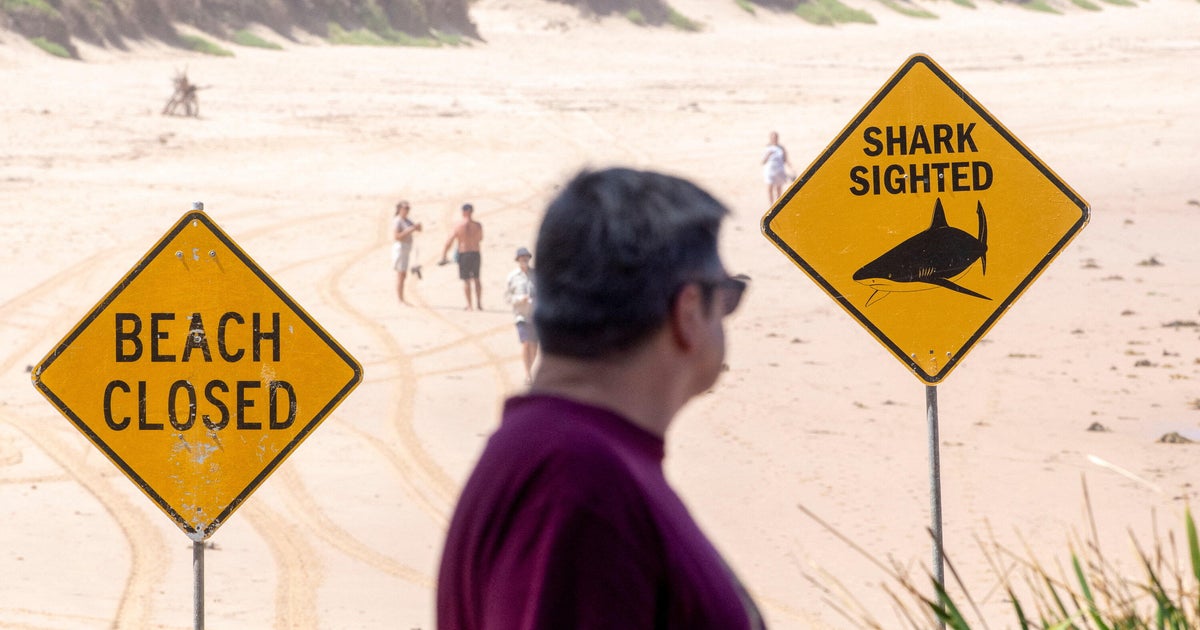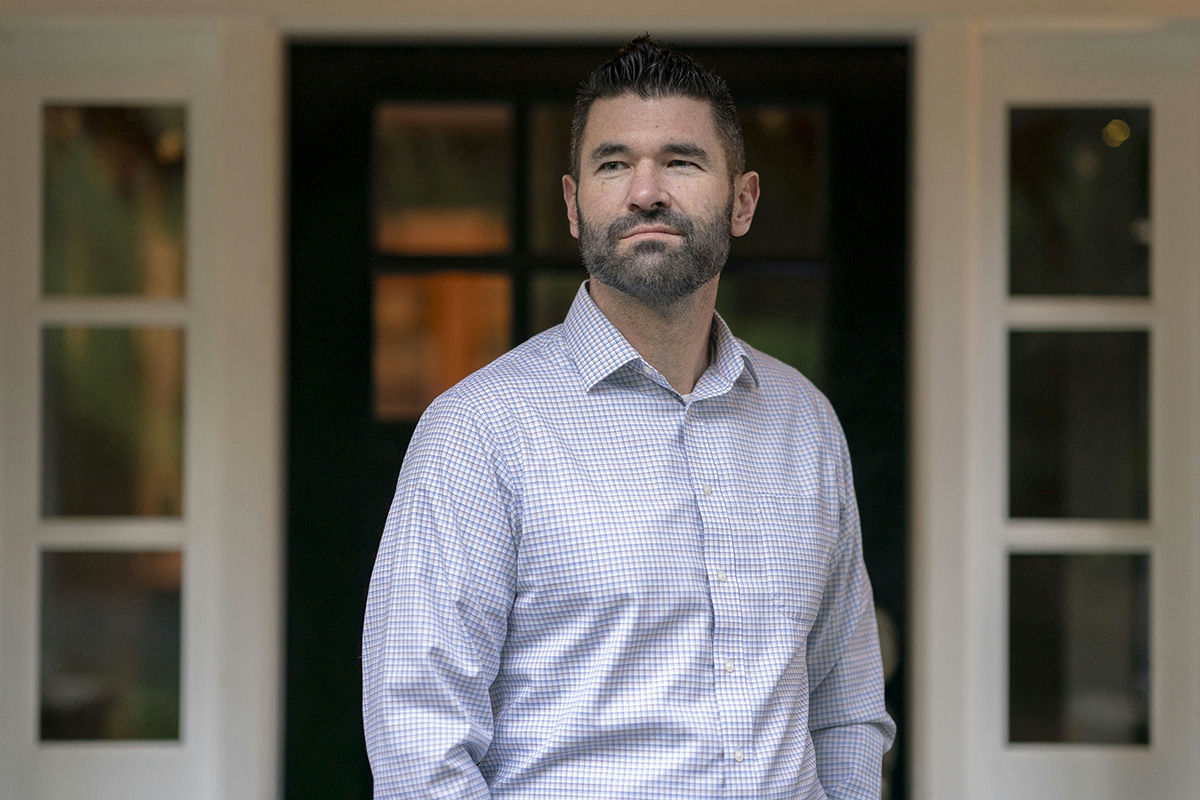As ex-spy's daughter seeks privacy, Russia airs supposed phone call
LONDON -- British police issued a statement on Thursday with the first public remarks attributed to the daughter of a Russian former double agent, who remains hospitalized with her father Sergei Skripal after a nerve agent attack on March 4 in Salisbury, England. London's Metropolitan Police force quotes Yulia Skripal as thanking everyone who came to their aid, and asking that everyone, "appreciate that the entire episode is somewhat disorientating."
"I hope that you'll respect my privacy and that of my family during the period of my convalescence," she says in the statement provided by the police.
The statement, which opens by confirming that she "woke up over a week ago now and am glad to say my strength is growing daily," was released very soon after Russian media broadcast audio of a purported phone call between Yulia and her cousin in Russia, Viktoria Skripal.
In the call, which is said to have taken place on April 5, a woman who identifies herself as Yulia Skripal says she and her father are both "fine" and making good recoveries. In the audio, heard by CBS News, the woman who begins the call by identifying herself as Yulia says her father is sleeping and that his health was not irreparably damaged by the attack.
State-run Rossiya TV says Viktoria, who lives in Moscow, provided it with the recording of the conversation, and the broadcaster says it can't verify the recording's authenticity.
The information conveyed to Viktoria Skripal in the alleged phone conversation -- which British law enforcement and health officials have not confirmed took place -- appeared to contradict the official line coming from the Salisbury hospital where the pair are being cared for.
While hospital officials did say last week that Yulia was recovering well and speaking, her father is still listed in critical condition, and unconfirmed information emerging from hospital sources in the British media has suggested he could be left with lasting brain damage from the attack with a novichock chemical nerve agent.
Viktoria Skripal has publically expressed interest in coming to visit her uncle and cousin in the British hospital, and hopes that she might bring Yulia back home with her.
In the phone call broadcast by Russian media, Viktoria is heard telling the woman identified as her cousin that she wants to get a visa to come do just that, but the voice supposedly coming from an English hospital room replies: "no one will give you the visa, Vika," and then goes on to suggest that Viktoria wouldn't be allowed by Britain to visit her cousin even if she did get into the U.K.
Britain's government has not confirmed any application for a visa by any member of the Skripal family since the March 4 attack in Salisbury. The United Kingdom and more than two dozen allied other nations, in a show of solidarity, have expelled scores of Russian diplomats as retaliation for the attack, for which Britain says Russia's government is culpable -- either for orchestrating it, or allowing the deadly toxin to escape its control.
Russia rejects any involvement whatsoever, and has suggested Britain's own special services might have had a hand in the attack for reasons ranging from stoking what it refers to as a U.S.-led smear campaign against the Kremlin, to distracting Britons from their looming European Union exit, and simply because Prime Minister Theresa May needed an enemy.
On Wednesday, The Times of London reported that British security forces believe they have identified the Russian lab that made the nerve agent used in the Salisbury attack. The newspaper quoted unnamed security sources as saying that, while they are not 100 percent certain, they have a "high degree of confidence in the location." That report came a day after the chief of Britain's defense research lab, the Porton Down laboratory, said on the record that it had not yet been able to pinpoint the precise source of the nerve agent.
British officials have said they believe the Skripals first came into contact with the potentially lethal substance at the front door of the ex-spy's home in Salisbury, but they have not yet said how it might have gotten into the quiet English city, or who they believe delivered it to Sergei Skripal's door.
On Wednesday, Russia called a meeting of the international chemical weapons watchdog to demand a joint investigation with Britain into the poisoning -- the demand that London has rejected.
The Hague-based Organization for the Prohibition of Chemical Weapons (OPCW) voted against the Russian proposal, but Moscow said the number of countries that abstained from the vote suggested many have doubts about Britain's accusations.
"It's unacceptable to make unfounded accusations instead of conducting a fair investigation and providing concrete facts," Lavrov said. "Yesterday's debate in The Hague showed that self-respecting adults don't believe in fairy tales."
Asked Thursday if Russia would accept the OPCW's conclusions, Lavrov said Moscow must be part of the probe and see the evidence.
"We can't give an advance approval to results of the investigation, in which we aren't taking part and which is kept secret," he said.
British Foreign Secretary Boris Johnson said Wednesday that "the purpose of Russia's ludicrous proposal at The Hague was clear - to undermine the independent, impartial work of the international chemical weapons watchdog."





